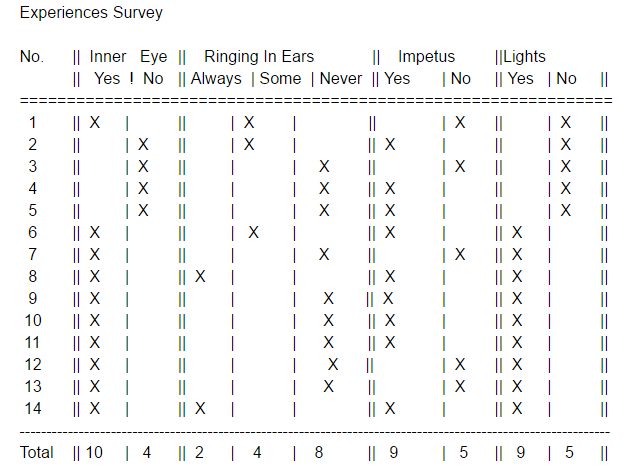Grapes of Wrath
From The Rude Pundit 11-27-18:
I was looking up some things about how, during the Great Depression, in towns that were being destroyed by starvation and labor war, parents would send their children out on the road to find a better life than the one they could supply them. It reminded me of this passage from John Steinbeck’s The Grapes of Wrath, about Dust Bowl refugees from Oklahoma and elsewhere heading to California, where they hope to start a better life. But, of course, they are met with anger and hatred and hindrance every step of the way, crushing their American dreams.
Here ya go:
“The movement changed them; the highways, the camps along the road, the fear of hunger and the hunger itself, changed them. The children without dinner changed them, the endless moving changed them. They were migrants. And the hostility changed them, welded them, united them—hostility that made the little towns group and arm as though to repel an invader, squads with pick handles, clerks and storekeepers with shotguns, guarding the world against their own people.
“In the West there was panic when the migrants multiplied on the highways. Men of property were terrified for their property. Men who had never been hungry saw the eyes of the hungry. Men who had never wanted anything very much saw the flare of want in the eyes of the migrants. And the men of the towns and of the soft suburban country gathered to defend themselves; and they reassured themselves that they were good and the invaders bad, as a man must do before he fights. They said, These goddamned Okies are dirty and ignorant. They’re degenerate, sexual maniacs. Those goddamned Okies are thieves. They’ll steal anything. They’ve got no sense of property rights.
“And the latter was true, for how can a man without property know the ache of ownership? And the defending people said, They bring disease, they’re filthy. We can’t have them in the schools. They’re strangers. How’d you like to have your sister go out with one of ’em?
“The local people whipped themselves into a mold of cruelty. Then they formed units, squads, and armed them—armed them with clubs, with gas, with guns. We own the country. We can’t let these Okies get out of hand. And the men who were armed did not own the land, but they thought they did. And the clerks who drilled at night owned nothing, and the little storekeepers possessed only a drawerful of debts. But even a debt is something, even a job is something. The clerk thought, I get fifteen dollars a week. S’pose a goddamn Okie would work for twelve? And the little storekeeper thought, How could I compete with a debtless man?
“And the migrants streamed in on the highways and their hunger was in their eyes, and their need was in their eyes. They had no argument, no system, nothing but their numbers and their needs.”
Along the way, they are beaten and thrown out of towns, and their camps are set on fire, hurting old people, kids. All because of fear and irrational hate of the other. Yes, this time, now, there is the added layer of horrific racism, but, even back then, Trump would have had the Okies tear-gassed.
“They reassured themselves that they were good and the invaders bad.”
Same as it ever was.
